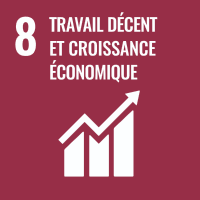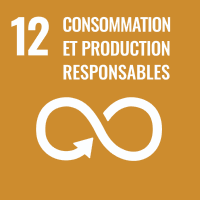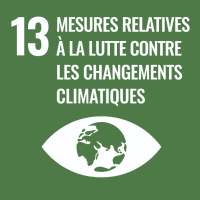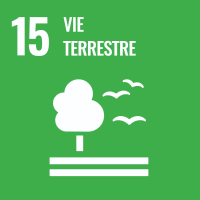Machadinho d'Oeste - Brazil
Forest restoration and creation
Reforest'Action is partnering with Rioterra to implement a reforestation project in the State of Rondônia, the fourth most deforested region in the Amazon.
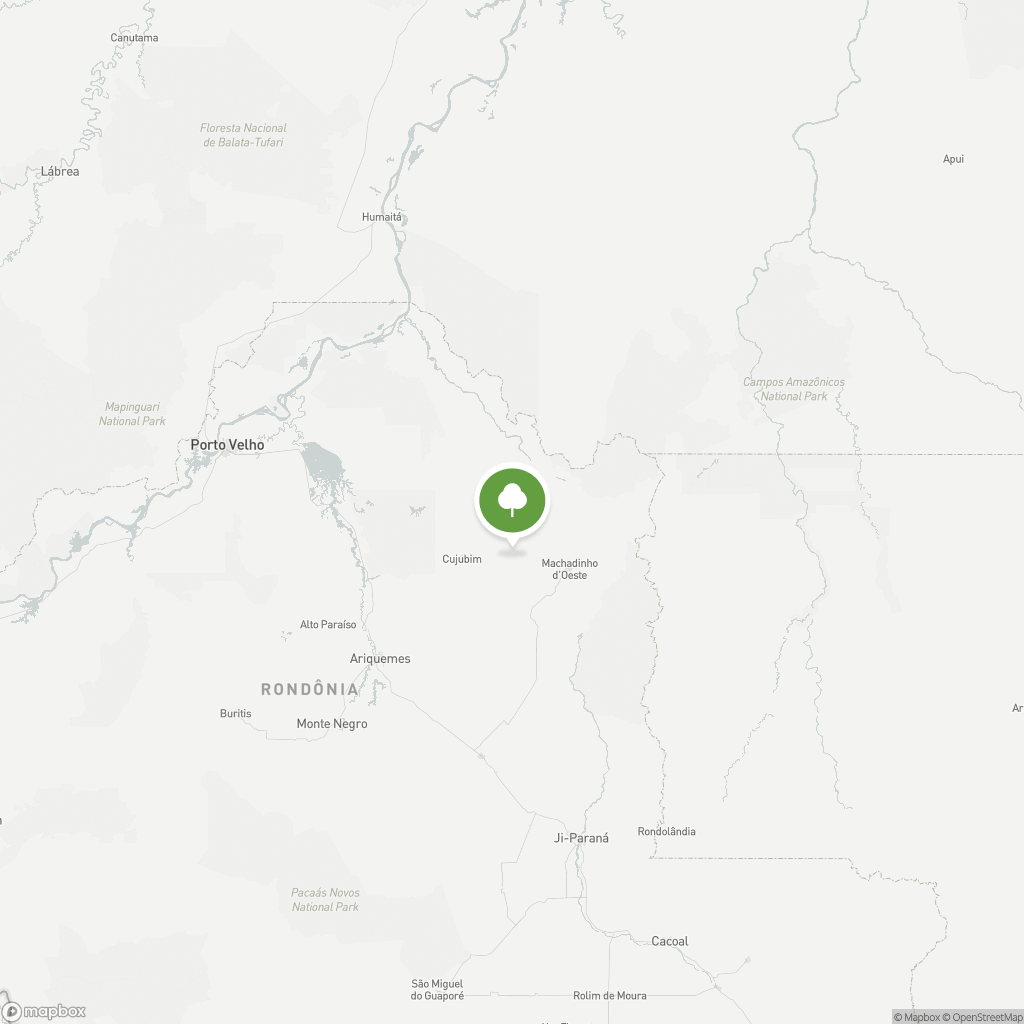


The Amazon rainforest, one of the world's three largest primary rainforests, is also one of the hardest hit by deforestation, with 400 million trees disappearing every year. The main cause is industrial agriculture, which accounts for two-thirds of deforestation in South America. Brazil, the world's largest soya producer, has converted 18% of its forest ecosystems since 1970 to cattle breeding and soya crops, through clear-cutting and burning. Our reforestation project, driven on the ground by our partner Rioterra, is located in the State of Rondônia, in the southwest of the Brazilian Amazon, which is part of the “deforestation arc” formed by vast territories where the agricultural frontier and deforestation have greatly increased in recent decades.
Since June 2020, the project has been moving towards new planting activities within the state of Rondônia, and in particular towards the reforestation of extractivist reserves, Brazilian protected areas that have been illegally degraded. The initial aim of these territories is to preserve the livelihoods of traditional populations by granting them free access to the area's natural resources for an unlimited period of time. In return, the populations commit to the sustainable use of the natural resources at their disposal. This restoration project marked the first large-scale Amazonian native flora recovery effort. With the objective of combining the restoration of natural ecosystems with the socio-economic development of communities, a selection of indigenous fruit trees was planted, leading to the creation of edible forests. The cacao tree generates additional income for local communities through the sale of cocoa; the acai tree produces highly nutritious berries; the peach palm and Amazon walnut produce fruit and nuts that can be consumed by local communities; the cupuaçu tree produces a vegetable butter sought after for its soothing and restorative virtues; the achiote and andiroba trees are known for their medicinal properties; finally, the courbaril tree will eventually be used to produce quality wood. All the species planted are local and can be consumed or sold by local populations. With free and unlimited access, the production of fruit from the trees is already contributing, and will continue to contribute, to the food security of the traditional populations who have lived in the natural reserve for generations. On September 5, 2023, a fire of criminal origin occurred in the project area, destroying hundreds of hectares of replanted forest.


The Center for Cultural and Environmental Studies of the Amazon Region Rioterra is an NGO founded in 1999, whose aim is to propose a development model for the Amazon region which combines conservation, sustainability and improved quality of life for local populations. Their mission: to defend the identity of the Amazon rainforest, promote culture and the sustainable use of the environment, and contribute to a fair, democratic and participatory society. Rioterra coordinates the implementation of our project in the field and monitors the planted trees through visits by their experts and drone images. A technical representative from the NGO visits the site once a month for the first six months, and every three months thereafter, to ensure that the trees are growing well, and that the planted forests are sustainable.

